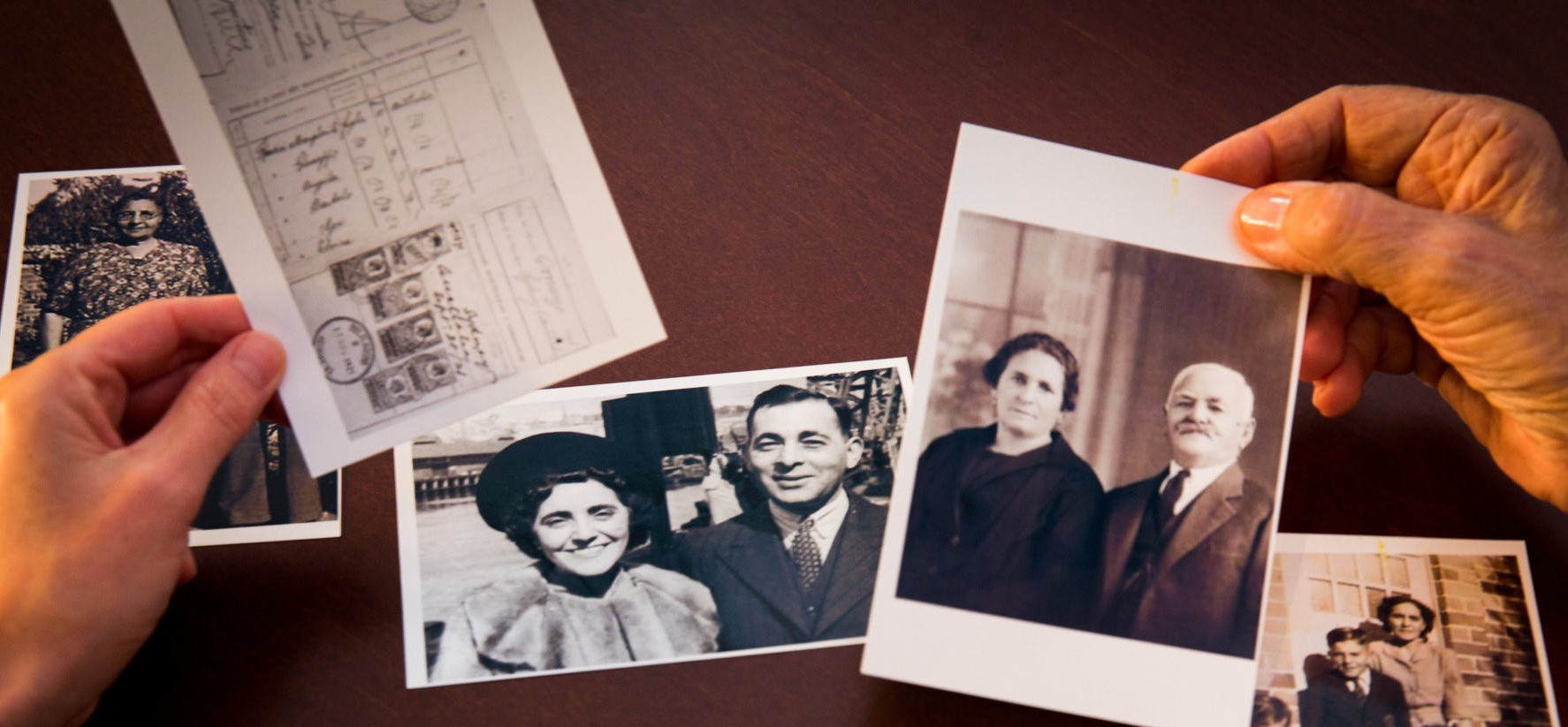The AAPHN would like to gather data on memberswork with diverse external partners to reveal the benefits and positive impact of that work.
Call for Contributions
The AAPHN would like to gather data on members’ work with diverse external partners to reveal the benefits and positive impact of that work.
We are aiming to showcase public history colleagues’ work as good citizens to better communicate the value of public history research, learning and teaching to broader society (including public knowledge of the value of public history).
In the long-term, I hope this data will contribute to scholarship including the theorisation of collaborative public history research/teaching practices. This scholarship should encourage colleagues (and others) to better value external engagement and public history work. It would also help guide people practically with projects.
Here are two examples demonstrating the social impact of my work as a researcher and teacher (I have more I could choose to write about, but these are a start). Can I ask you all (if you are willing!) to produce paragraphs like these below to help gather data on citizenship and engagement that we can share across the network and beyond? I look forward to hearing more about your work and I know many others could learn from this.
Thanks for your time. Please get in touch if you have any questions about this.
All the best, Tanya and Ewan
Example 1
Public history teaching and scholarship can have a significant impact on learners with social benefits far beyond the academy.
Students at Macquarie University obtain practical experience as part of internships, practicums, field work, community projects and collaborative research projects with public history and cultural heritage organisations. This allows students to grasp the discipline’s potential to encourage employability as well as social awareness, inclusion, and active citizenship beyond the university.
Our surveys, focus groups and interviews with cultural heritage and public history students in the Faculty of Arts at Macquarie University reveals public history’s transformative impact on students. Our research shows how work-integrated learning prepares students to become ‘professional persons’. It teaches them hard as well as soft skills and makes them better aware of the varied and diverse skills their degree has imparted. It also gives them the confidence to better articulate these skills to employers but also, more importantly, family, friends and loved ones. In the process they learn the power of storytelling for different purposes. This is enormously gratifying for students who have been indoctrinated in linear career thinking. Moreover, pervasive public perceptions of arts degrees as ‘useless’ weigh heavily on our students. As a result of undertaking practical internships students’ self-efficacy increases and they realise they are qualified for lots of jobs, not just history teaching and museum work. They become aware that many different industries value history graduates. As one student articulated ‘I’m probably in an ok position to get a job in something that is completely unrelated to history.’ It boosts all of their confidence.
But it also does much more than this. Some of our students make an explicit connection between their public history work and their intention to engage in active citizenship. It is our suggestion that the impact of this work-integrated learning with public history organisations can last long into students’ lives post-graduation, politicising their lives in significant ways. One student continues to work on behalf of the Aboriginal community in her neighbourhood. Others became committed to pursuing social justice through their day-to-day actions. However, the research also reveals the extent that future employment detracts from service to the community and from students pursuing careers in history. Unfortunately, society’s structures don’t allow them to spread their wings as far as they might like.
- Tanya Evans and Melanie Burkett, ‘The Pedagogical and Social Value of Public History and Work Integrated Learning: a Case Study from Australia’, Cultural and Social History, published online 2nd February 2022. https://socialhistory.org.uk/shs_exchange/the-value-of-public-history/
Example 2
The positive impact of family history research: Over the past decade I have researched the impact of undertaking family history research on individuals.
Family history is one of the most widely practiced forms of public history around the globe, especially in settler migrant nations like Australia and Canada. It empowers millions of researchers, linking the past to the present in powerful ways, transforming individuals’ understandings of themselves and the world. My latest book Family History, Historical Consciousness and Citizenship: A New Social History examines the practice, meanings and impact of undertaking family history research for individuals and society more broadly.
I show how family history fosters inter-generational and cross-cultural, religious and ethnic knowledge, how it shapes historical empathy and consciousness and combats social exclusion, producing active citizens. I draw on my extensive research on family history, including survey data, oral history interviews and focus groups undertaken with family historians in Australia, England and Canada collected since 2016.
Family History, Historical Consciousness and Citizenship reveals that family historians collect and analyse varied historical sources, including oral testimony, archival documents, pictures and objects of material culture. This book reveals how people are thinking historically outside academia, what historical skills they are using to produce historical knowledge, what knowledge is being produced and what impact that can have on them, their communities and scholars.
- Family History, Historical Consciousness and Citizenship: A New Social History, (Bloomsbury, 2022), https://www.bloomsbury.com/uk/family-history-historical-consciousness-and-citizenship-9781350212060/
All content on the blog is distributed under Creative Commons Attribution-ShareAlike 4.0 International license (CC BY-SA 4.0).



